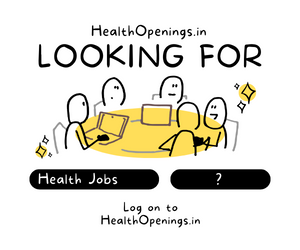The Power of Technology in Healthcare
Technology has revolutionized every industry, and healthcare is no exception. From wearable devices that monitor vital signs to telemedicine platforms that connect patients with doctors remotely, technology has made healthcare more accessible and efficient.
One of the most exciting innovations is the use of artificial intelligence (AI) in healthcare. AI-powered systems can analyze vast amounts of patient data to identify patterns, predict diseases, and recommend personalized treatment plans. This not only saves time but also improves diagnosis accuracy, leading to better patient outcomes.
Another game-changer is virtual reality (VR) technology. VR allows healthcare professionals to simulate surgical procedures, train medical students, and even help patients manage pain. This immersive experience enhances learning and treatment outcomes, making it a valuable tool in the healthcare industry.
Shaping the Future of Healthcare Delivery
Telemedicine has gained tremendous popularity in recent years, especially in remote areas where access to healthcare services is limited. This technology allows patients to consult with doctors through video calls, eliminating the need for in-person visits. It saves time, reduces costs, and improves access to specialized care.
Moreover, personalized medicine is transforming the way diseases are treated. By analyzing an individual’s genetic makeup, doctors can tailor treatment plans to target specific genetic mutations. This approach not only improves efficacy but also minimizes side effects, making healthcare more personalized and effective.
Enhancing Patient Engagement and Experience
Healthcare is moving towards a patient-centric model, focusing on improving patient engagement and experience. One significant development in this area is the rise of wearable devices. These devices allow patients to monitor their health in real-time, empowering them to take control of their well-being. From tracking heart rate to monitoring sleep patterns, wearables provide valuable insights that enable individuals to make informed decisions about their health.
Furthermore, the integration of electronic health records (EHRs) has streamlined healthcare processes and improved patient experience. EHRs enable seamless sharing of medical information between healthcare providers, reducing errors and ensuring continuity of care. Patients can access their records online, eliminating the need for paper-based documentation and making healthcare more convenient.




